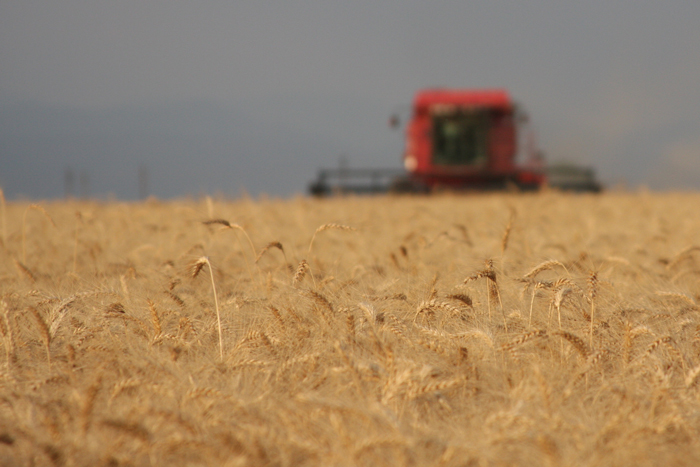The SADC-EU Economic Partnership Agreement (EPA) is an important agreement between the European Union (EU) and six members of the Southern African Development Community (SADC): Botswana, Lesotho, Namibia, South Africa, Eswatini and Mozambique. Most of these EPA member states also form part of the Southern African Customs Union (SACU), except for Mozambique. Although Angola participated in the negotiations, it did not sign and ratify the agreement. However, in February 2020 the country decided to start the ratification process.
Impact on the South African wheat market
The agreement involves 300 000 tons of European wheat that enter the SADC market between February and October of each year; 80% of which is destined for South Africa. The intention of this duty-free wheat coming in from Europe was meant to benefit processors and consumers by providing cheaper wheat products on the market. Unfortunately, the administration of the wheat tariff rate quota (TRQ) has been problematic for the wheat industry since its promulgation in 2016. Four years into the agreement and the issue of first come, first served distribution still has not been resolved. The Department of Agriculture, Land Reform and Rural Development (DALRRD) is aware of this shortcoming in the system, which leaves room for opportunistic behaviour, with the result that the intended beneficiaries do not get the benefits.
Desired outcomes for the wheat industry are as follows:
- The quota should be received only by millers and the minimum market access system (MMA) used by DALRRD is the preferred base.
- The industry and DALLRD should administer the process based on experience with MMA.
The second issue relates to safeguard mechanisms. Since wheat is considered a sensitive industry in South Africa, Grain SA would like to see the initiation of a safeguard mechanism, allowing temporary action to restrict imports of wheat if the country’s domestic industry is injured or threatened with injury because of a surge in imports.
Current situation
Regarding the accession of Angola, parties are still not in agreement. The SADC EPA states still maintain that Angola’s accession to the SADC-EU EPA should be preceded by Angola’s accession to the SADC Trade Protocol (STP). The EU is trying to convince SADC EPA states to allow the negotiation process to start with assurance that such negotiations won’t be concluded before Angola completes negotiations under STP.
The other condition raised by SADC EPA states, also not supported by the EU, is that the SADC EPA states should be allowed to participate in the negotiations on Angola’s accession to the SADC-EU EPA. The EU raised strong objections about the proposal, arguing that such a process will undermine the authority of the Trade and Development Committee (TDC) and is very cumbersome, time-consuming and requires consultations with the EU member states. From the EU’s perspective, the argument is that the two conditions raised by the SADC EPA states should only be reflected in the report of the TDC. Parties could not reach any consensus on the matter.
Implementation of the SADC-EU EPA started on 10 October 2016. Therefore, 10 October 2021 marked the fifth anniversary of the agreement implementation, when a review was due. Article 116 of the agreement states that the agreement shall be reviewed in its entirety by no later than five years counting from the implementation date. The launch of the review has been confirmed for the agreement and draft outlines of issues from both sides have been presented during the SADC-EU EPA review technical working group (TWG) meeting. Parties to the meeting agreed to exchange, in writing, clarifications for proposals included in the indicative outlines by the end of December 2021. The next meeting was held at the end of February 2022, to start with review negotiations.
The EU has indicated that their newly appointed political head has approved the signing of the decision on implementation of a safeguard mechanism by the joint committee. The request from SACU is that this mechanism be back-dated. However, the EU disagrees on the basis that timeframes are not stated anywhere on the agreement for the implementation of the measure and that it does not state any possibility of extension, therefore no time has been lost.




















